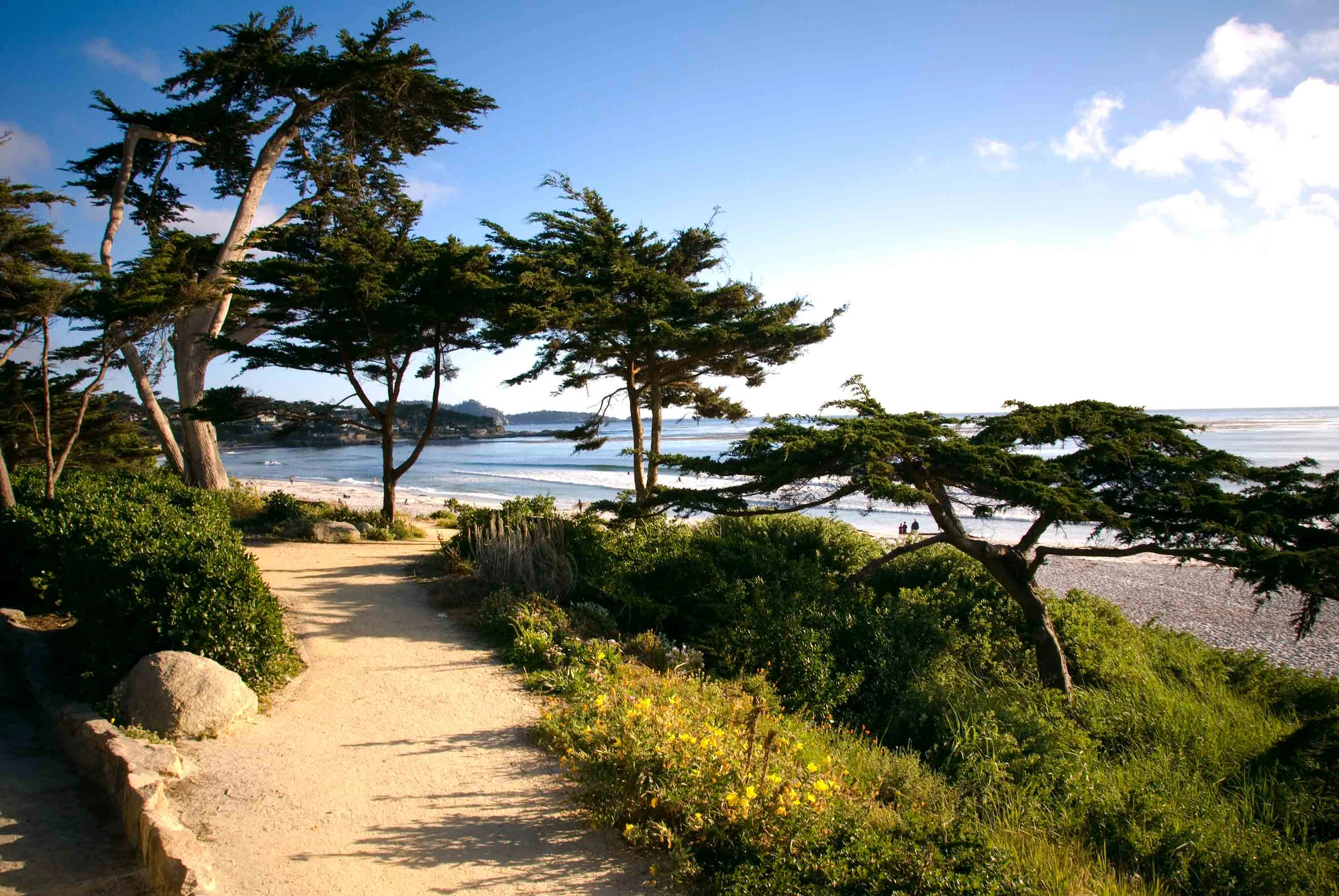




Sophia Hyder Hock, chief diversity officer for Destinations International, sat down with Sojern to discuss diversity, equity, and inclusion within the travel industry. Hock has spent 20 years developing strategy, training, facilitation, and coaching services on topics pertaining to diversity and social inclusion, gender empowerment, community engagement and outreach, emotional intelligence, and cultural awareness for clients in the international development and travel industries. She is helping to drive DEI initiatives in the travel industry.
It's kind of my dream job, I have to say. I've been doing social inclusion work for 20-plus years—focusing on what social inclusion is, what it means, and how to affect true systems for change. I'm a big policy nerd, and before I started with Destinations International, I had my own business designing and facilitating diversity, equity, and inclusion strategies, training, and coaching services for destinations and a variety of travel organizations. So when this role came on my radar, it just felt so natural.
Essentially, what I have been doing and what I plan to do first is listen to our destination and industry members to understand how they feel, and where they are with respect to diversity, equity, and inclusion in their destinations. That's one. It’s really important to the second piece that I have been working on, which is then creating frameworks, toolkits, and dialogues, about advancing diversity, equity, and inclusion within the travel space in an authentic and meaningful way.
For those who are not familiar with Destinations International, we are a travel association. Our members are destination organizations around the world. We have over 600 destination members in over 15 countries and 6,000 individual members that make up our destinations. We also work with industry partners, like Sojern, and a variety of other small businesses.
We have four pillars:
Advocacy is a larger piece of what we do. We found that while destinations market themselves, they don't know how to talk about themselves. So when a family member asks, "What do you do?" It's not really clear and they can't really talk about what they do. We provide them with resources to advocate for themselves to help the community understand the value of a destination and a government entity from economic development and a funding platform.
Advocacy and EDI work hand-in-hand (Note: EDI means equity, diversity, and inclusion). There are a lot of different lenses I'm looking at with respect to diversity, equity, and inclusion within travel organizations and externally for travelers. Internally, we're trying to help our organizations have conversations about what diversity means, what equity means, and what inclusion means. I'm trying to take our destinations beyond a dialogue of just saying that diversity is ethnicity, diversity is gender. Diversity is much more than that. It's a variety of generations, it's a variety of genders, it's a variety of ethnicities, it's a variety of different abilities—physical and mental.
I also try to help our internal organizations have discussions to get to know each other better, which is sometimes hard to do when we think of EDI/DEI work. From a visitor standpoint, there's a discussion about how to create more welcoming spaces and how to create a feeling of belonging internally and externally for visitors. What does that look like? What does that truly mean?
I get this question a lot: "What if my destination isn't diverse? What if it's all white?" My response is always first, "Are you sure? Do you really know who is at your destination? Have you taken the time to look at the statistics? Have you taken the time to explore a little more? Have you taken the time to understand the history of where you live? Because there is a diverse story there."
Then the other aspect of that is, "Let's take a look at what diversity means again." You could have an all-white population, but there is diversity within the neurodiverse perspective. How are you creating a space that is welcoming for all? If I'm going to a rural area, you can be all white. That's fine, but do I feel like you're welcoming me? That's the really important aspect here—feeling welcome, feeling safe, and feeling like I belong.
I think the environment and holding discussions come first. It's really important to have discussions of what welcoming means for your destination. What does belonging look like? Those conversations don't happen often enough to then express the true vibe of a destination. Sometimes we get caught up in the terms—diversity, equity, inclusion—that we lose the meaning and what it is.
There are older studies about travel spending for different ethnicities and those studies are finally being updated now. But through a recent MMGY study, they shared data on the Black traveler and how the spend is over $250 billion. These numbers are very large and there's not only the Black traveler spend, but there's also the Latin-American traveler spend, Asian-American traveler spend, and more. Another thing that's not talked about enough is disabilities, and the travel spends of people with different abilities because they're not just traveling solo. They're also traveling with family members as well.
While we think about the true diversity of travelers, there’s also the true diversity of the money associated with all these different cultures and backgrounds. Certain cultures travel in large groups because that's their family. It’s the same thing with LGBTQ+ and the number of finances that they have to travel with. So thinking about the diversity of spending, as well as the diversity of the person is truly important in marketing efforts as well.
I was born in the United States, but I'm Bengali and I'm Indian. I had never seen myself in travel marketing before. If I did, I would actually want to go to whatever destination marketed to me, because I felt like they proactively thought about me. Before joining Destinations International, I talked about the importance of imagery, marketing to different audiences, and their travel spending. There are two moments that resonate with me as I look at those things.
First, there was a J.Crew ad of a South Asian family of four. It drew me in and I actually got emotional about it because I'd never seen myself reflected in imagery like that before. The second one is very recent. On PBS, there’s a show called The Great Muslim American Road Trip where a multi-racial couple travels to Chicago. The couple stops in small towns along the way, having conversations about race and belonging to show that the United States is welcoming and belonging, even in small towns.
Community stories are really important. I think of social programs that are taking place in these communities. For example, the Oklahoma City bombing happened in the nineties, and since then, they have had discussions about what belonging means. They took it a step further and created a museum showing how the community is connected. That's a great example of highlighting community stories of belonging and using past experiences to shape them.
It depends. That's how you answer that question. I always say to every organization I talk to—define what diversity means, define what inclusion means, define what equity means, define what belonging means, define what welcoming means, define what accessibility means. These acronyms we have, EDI, DEI, IDEA, DEIB, define what those terms mean, and discussing the order can be a very personal thing for an organization.
For example, EDI in Destinations International was established before I joined and I asked them the question: "Why did you choose the E before the D?" The team felt like equity was important first—equity is the umbrella. They acknowledged that diversity of all different forms exists in an equitable state. Then, inclusion was that belonging piece of ensuring we’re thinking about equity and diversity from an inclusive standpoint. So that's where our EDI comes from.
At Sojern, we’re having conversations to understand how we can better support our clients and our employees. We love highlighting our industry peers making a difference in the space. If you’re interested in learning from your peers about diversity, equity, and inclusion within travel, check out our latest blogs on the topic:

How DMOs can turn sustainability goals into action through data, always-on campaigns, and co-op marketing.

Tap into the growing road trip trend and engage modern travelers.

Learn how travel marketers can tap into the growing sports tourism market.
We’re ready to help you take the guesswork out of your digital marketing. Contact us to tap into the travel industry’s most intelligent marketing platform.